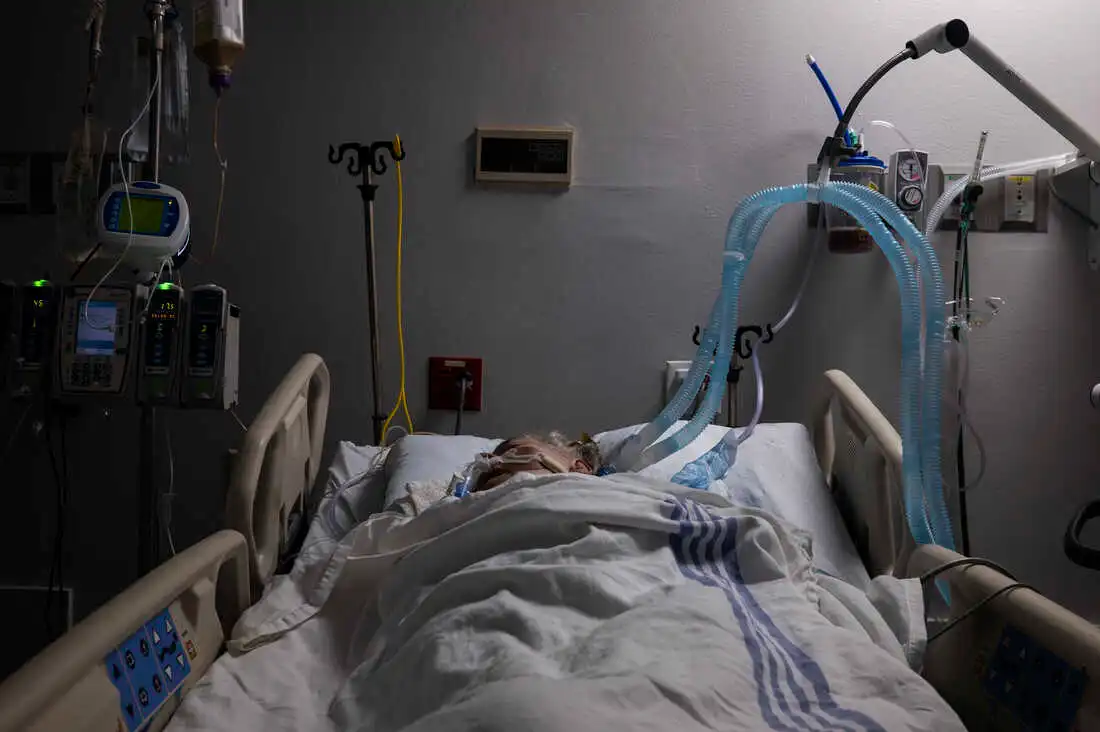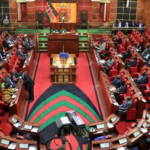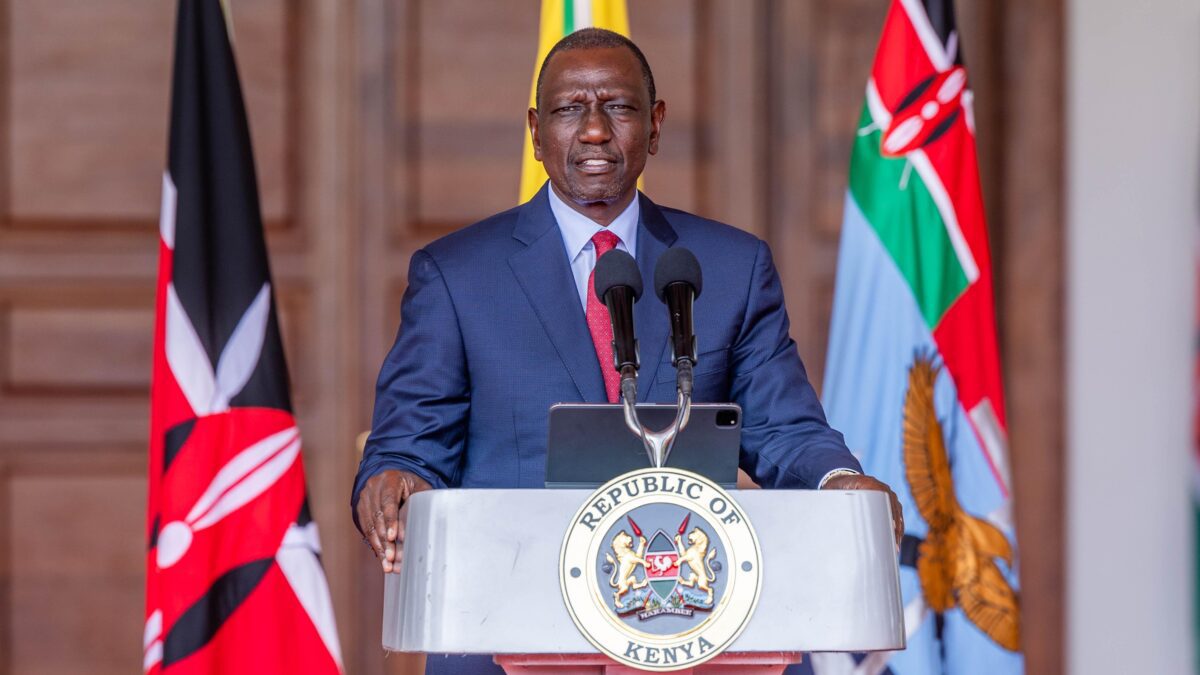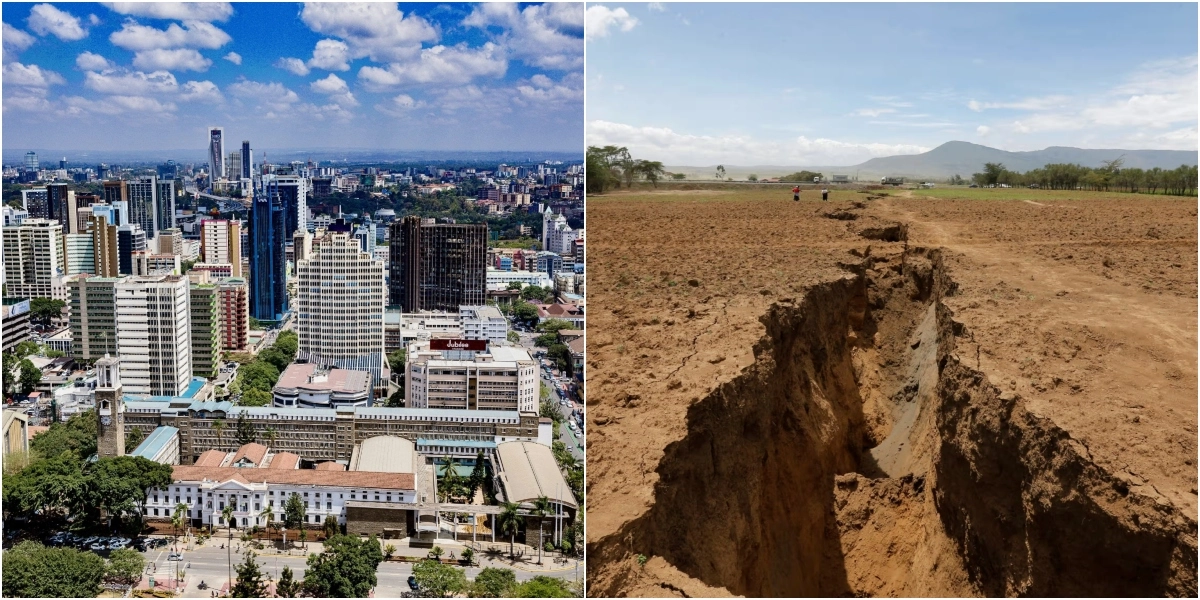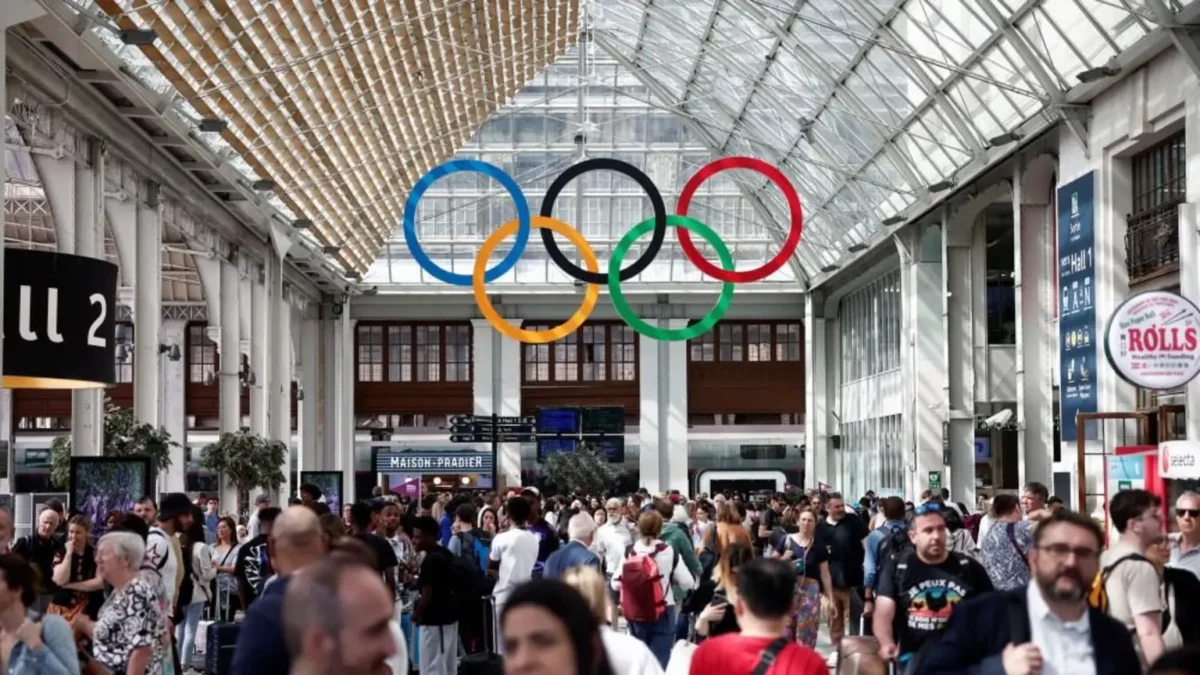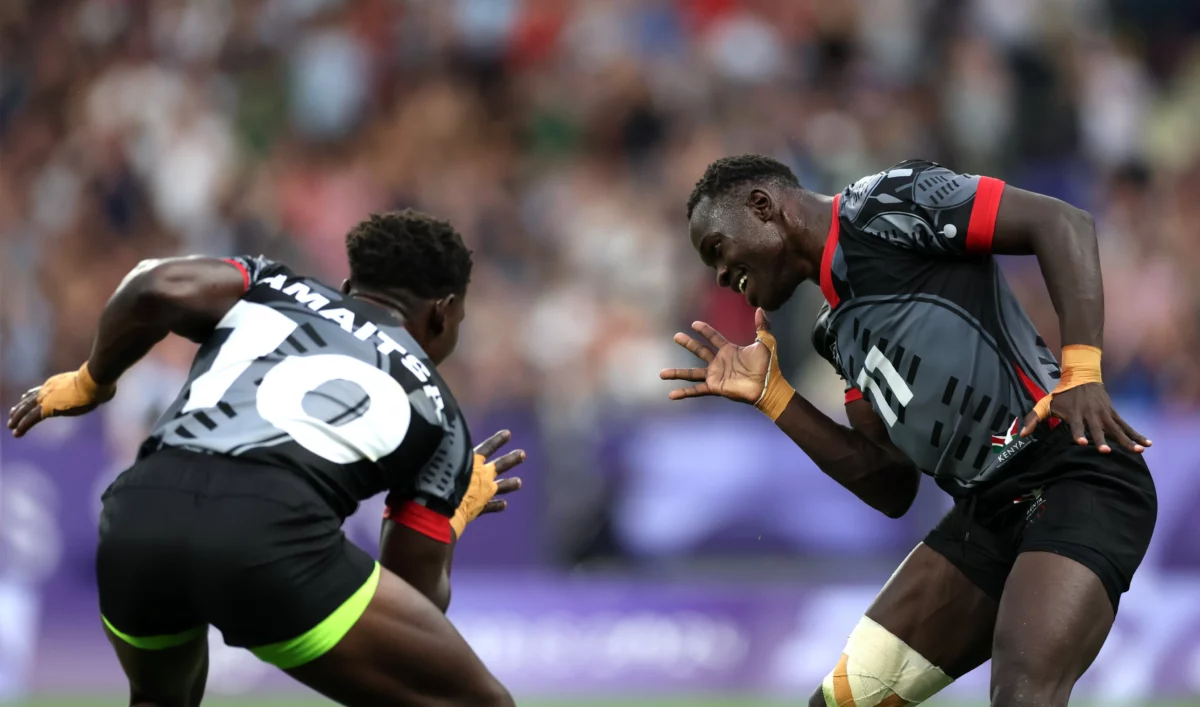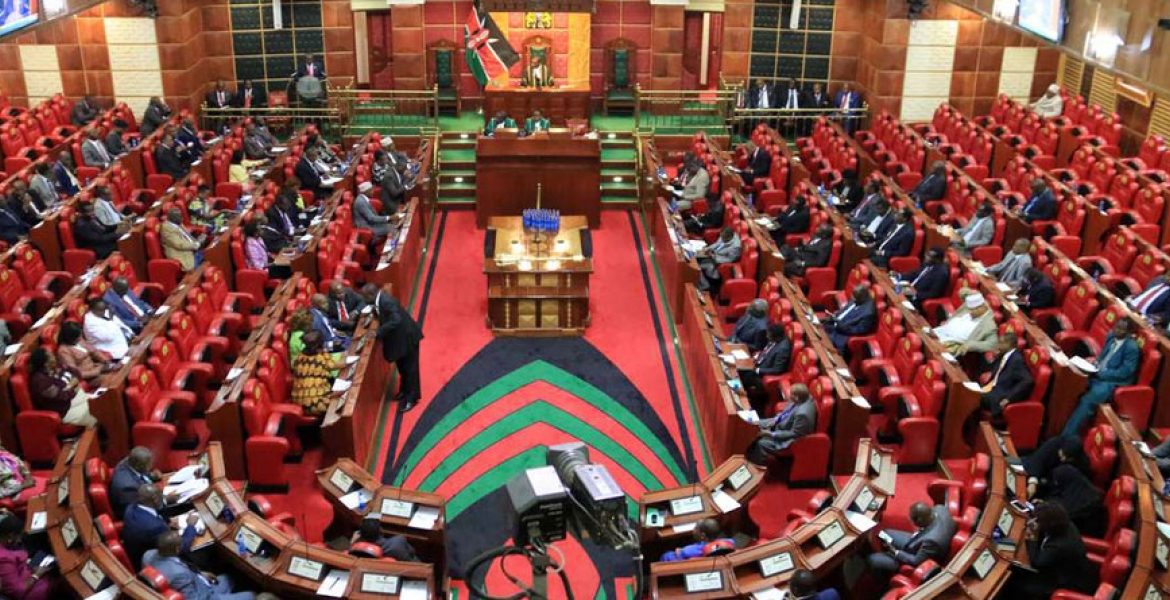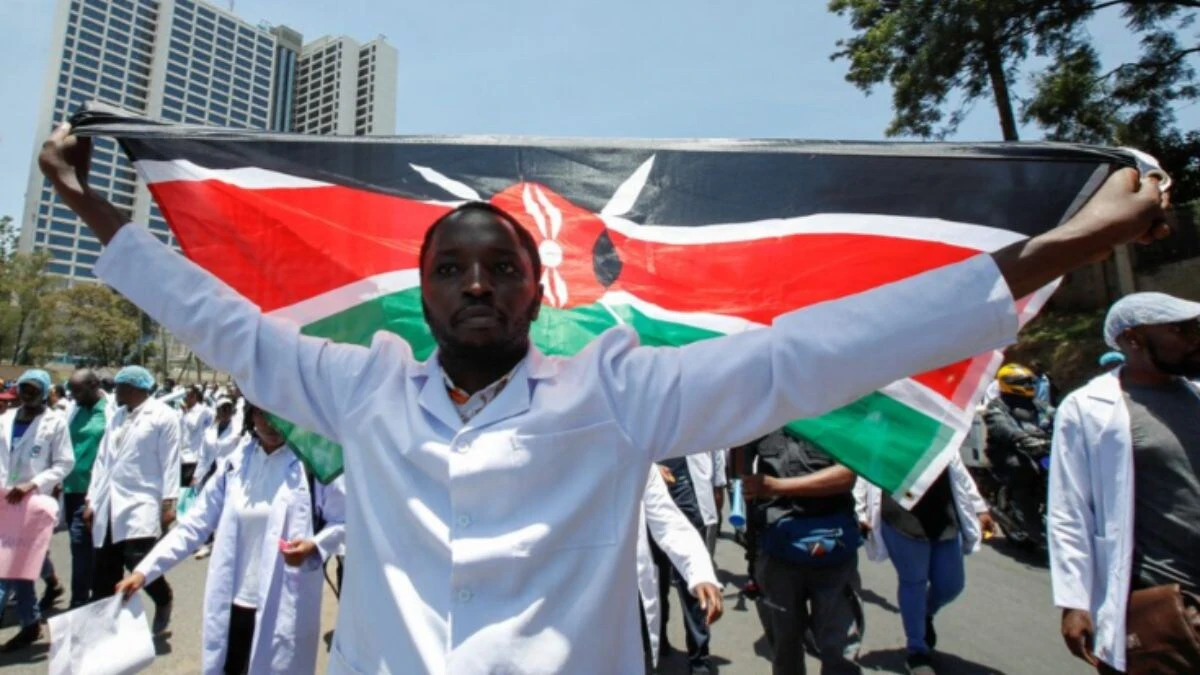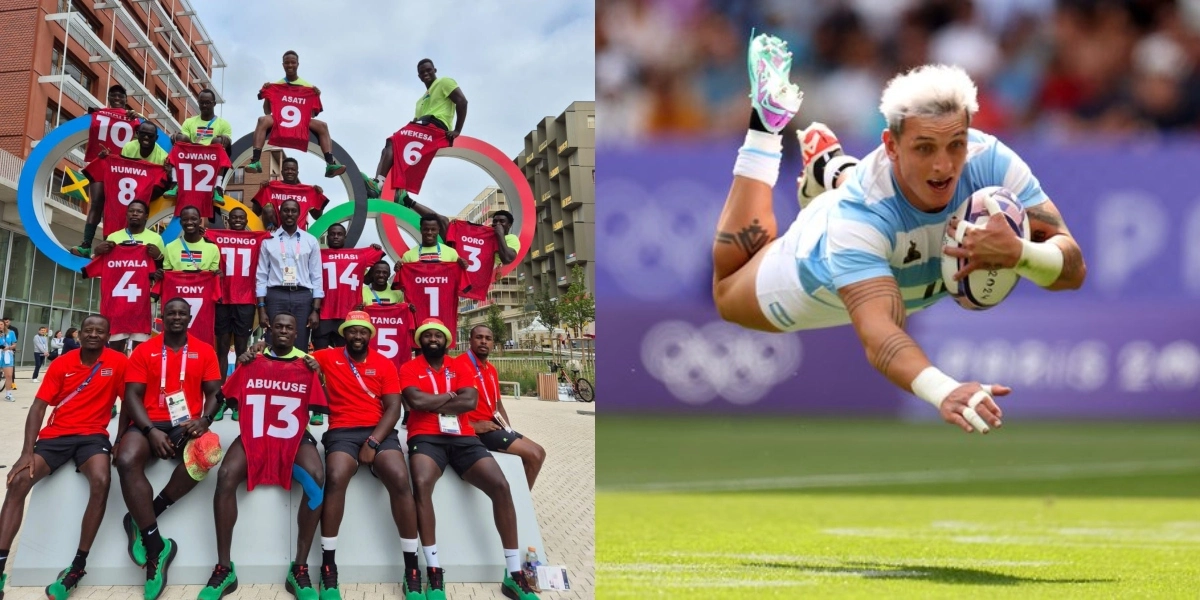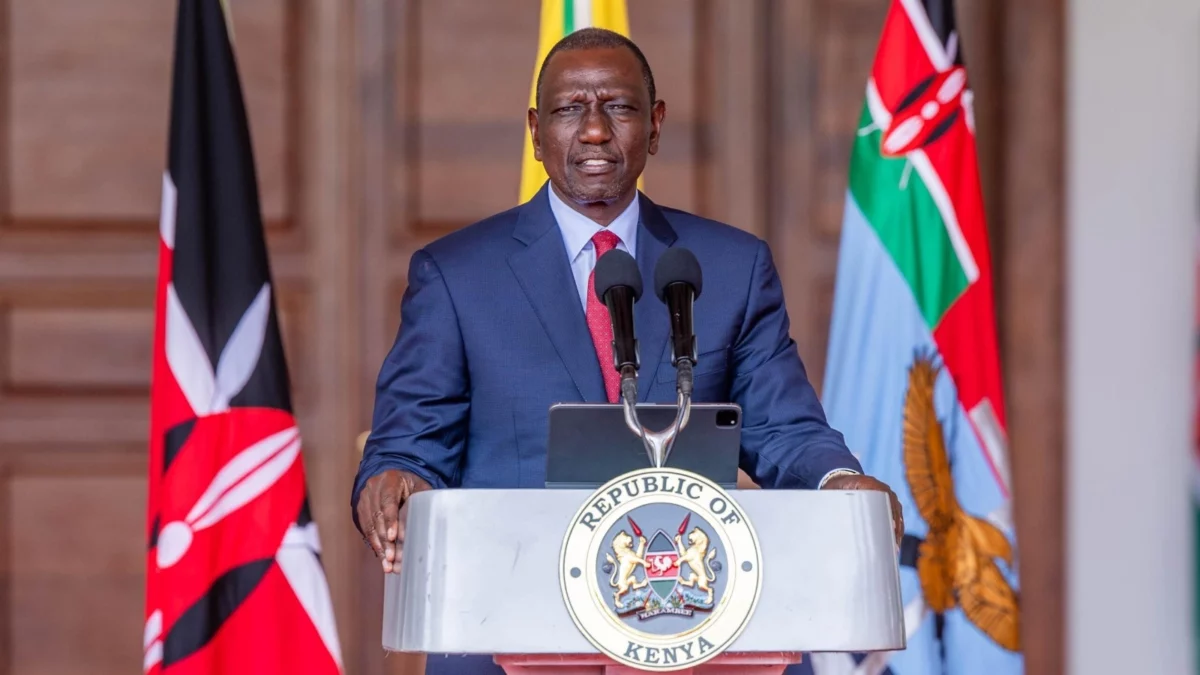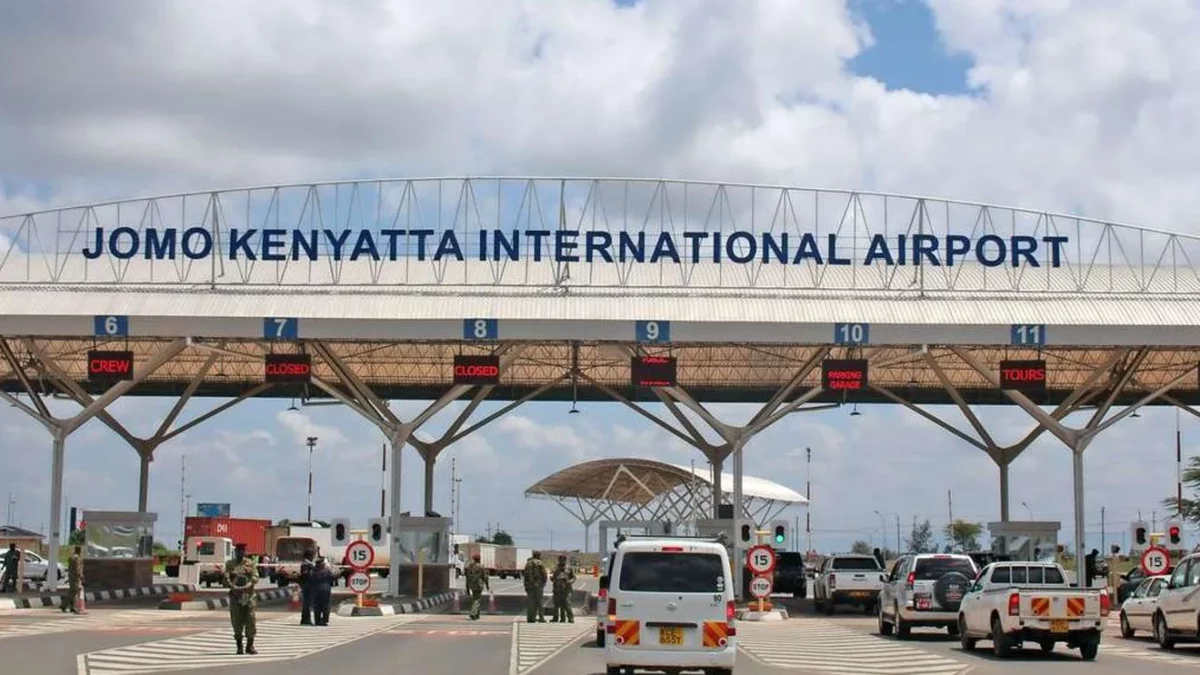In our world where price tags seem to accompany everything from rare butterflies to moon land, it remains unclear to discover that even our body parts have a designated value.
Dr. Bertalan Mesko, PhD, sheds light on the astonishing reality that our organs, down to the inch of our skin, come with a price tag.
Read also: Reimaging the Future of Healthcare: The largest Virtual Hospital in the World
According to his findings back in 2022, the average human dead body could fetch around Ksh 84 Million, with specific body parts driving up this market value.
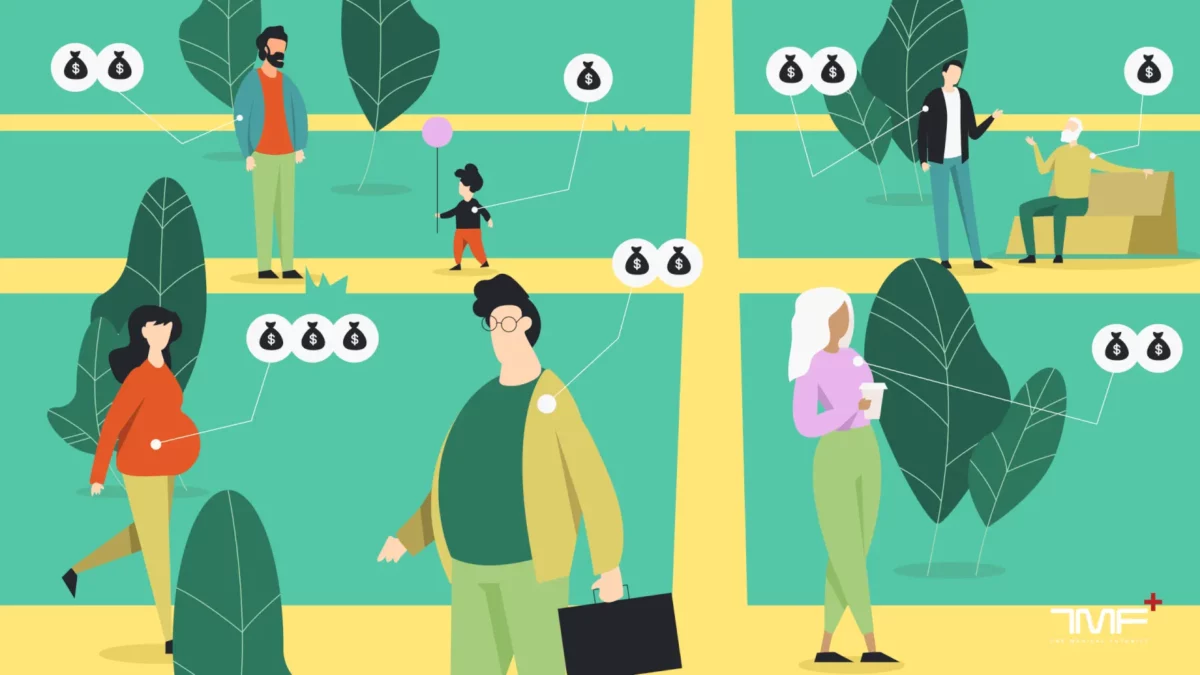
However, before going into the darker aspects of organ prices, let’s pause to consider the two fundamental question: How much is life worth? Can we put a price on a life-saving drug that has the potential to rescue hundreds of babies from debilitating illnesses or death?
In the pursuit of answers, we find ourselves in a landscape where pharmaceutical pricing practices have come under intense scrutiny. The infamous case of Martin Shkreli, who hiked the price of Daraprim by over 5,000%, serves as a stark reminder of the moral questions surrounding drug costs.
Martin Shkreli barred from drug industry and fined $64.6m by US court https://t.co/4bxxafNv6C
— The Guardian (@guardian) January 14, 2022
“It’s unethical for a doctor to profit from a discovery that saves lives,” says Frederick Banting’s co-inventor, Charles Best. Banting and Best, the pioneers behind insulin, refused to prioritize profit over accessibility, selling the insulin patent for a mere Ksh 140.
Fast forward to today, and we witness a troubling trend where companies acquire rights to generic drugs, lock out competitors, and raise prices astronomically. The cost of insulin, a life-sustaining drug, has tripled in the past decade, leaving patients grappling with exorbitant out-of-pocket expenses.
“We need to cap insulin prices to ensure accessibility,” emphasizes the state of Colorado, as it takes a pioneering step to limit monthly copays to Ksh 15000.
It’s not just generic drugs facing skyrocketing costs; revolutionary gene therapies for rare diseases pose a significant financial challenge. The FDA-approved gene therapy for spinal muscular atrophy, priced at Ksh 324 Million per patient, raises questions about the affordability of cutting-edge treatments.
“Pricing of gene therapies requires careful consideration of lifetime costs and benefits,” reads a study funded by Novartis Gene Therapies Inc.
Why are gene therapies so expensive? As pharmaceutical companies shift focus to rare disease treatments and gene therapies, pricing becomes an intricate dance. The debate arises – should we pay a premium for treating ‘rare’ diseases, and what is a reasonable price for an orphan drug?
“Profit from pharmaceuticals is legitimate, but it should not compromise accessibility,” states bioethicist Samia Hurst.
Political philosopher Matt Zwolinski adds, “High prices are necessary to recoup costs and ensure the development of new drugs society needs.”
Subscribe to Switch TV
In this complex web of pricing, the Human Rights Guidelines for Pharmaceutical Companies remind us of a fundamental obligation – ensuring that life-saving medications are accessible to all, irrespective of financial standing.
The ultimate price of human life remains an evolving narrative, entangled in a web of pharmaceutical pricing practices.


